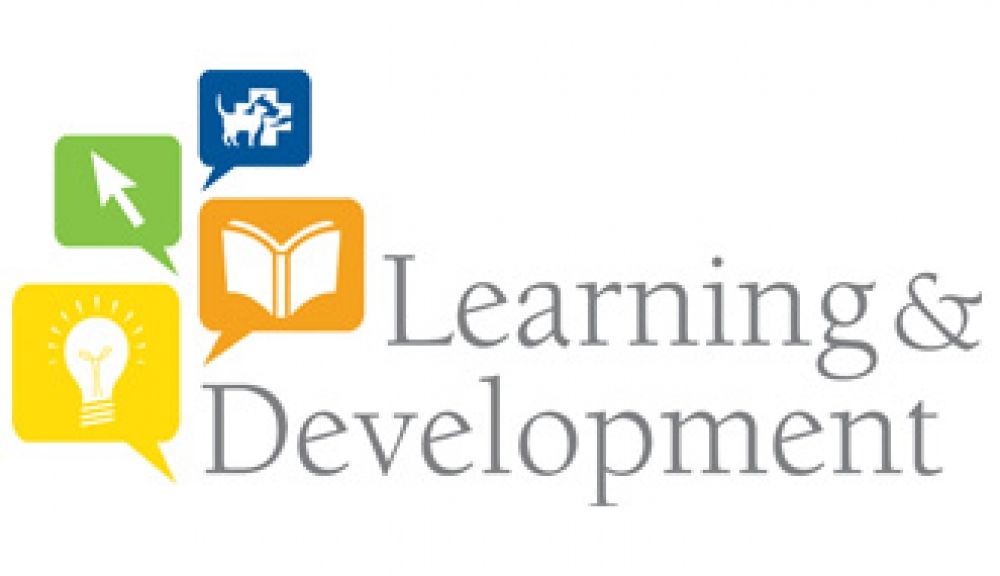Driven by an HR community that understands business just as well as the line managers do, the learning and development initiatives will see innovative turns this year.
With industry growth forecasts looking good in most sectors, 2018 is set to be the year of learning! While learning and development have been evolving rapidly over the years, this year it will gain a strong foothold. Driven by an HR community that understands business just as well as the line managers, the learning and development initiatives have become more precise and relevant than ever before.
This is also driven by a change in the learning landscape across business. With information available at the click of a button, the expectations from a learning programme are hugely different. The dissemination of knowledge and skills is only taking place through e-learning or mobile learning platforms. A face-to-face learning session will get limited to specific leadership development initiatives or attitude shifts. Niche learning interventions will get the privilege of classroom learning – where the facilitator adds significant value to the learner through face to face interactions.
Some examples here are of theatre-based learning or executive coaching. Coaching will also finally find its seat at the table—becoming the single most effective tool to help people achieve their goals.
Earlier limited to only a select few, coaching is now being practised organisation wide. Organisations are spending on training their own coaches so that a standard model is followed organisation wide.

While content remains prime, technology has emerged as a powerful enabler with gamified learning, bite-sized content and mobile learning applications becoming the norm last year. 2018 will take this trend to the next level with virtual reality (VR) and augmented reality (AR) entering the learning space.
This will have far-reaching results in building organisational alignment — in business goals to be achieved, as well as the ways of achieving them, i.e. the culture.
Content has truly become king in today’s learning ecosystem. Run of the mill programmes around communication or time management are becoming more and more limited in terms of their audience. 2018 will be a year when HR finally talks business in learning sessions. Business plans and ways of achieving them are sharp areas of focus in this year’s learning agendas.
While content remains prime, technology has emerged as a powerful enabler with gamified learning, bite-sized content and mobile learning applications becoming the norm last year. 2018 will take this trend to the next level with virtual reality (VR) and augmented reality (AR) entering the learning space. Organisations, such as VE Commercial Vehicles, which are heavily dependent on cutting-edge design and technology of vehicles to stay ahead of competition, are the grounds where VR- and AR- based learning fit perfectly. Not only do they make learning more relevant but also reduce the cost of error.
2018 will also ensure that technology starts moving from just being an enabler to becoming a decision maker in learning discussions.
Technology is also ensuring that the learning programme keeps the young millennial learner engaged. The learner profile has changed widely in 2018. Entry of millennials into the workplace has brought a paradigm shift—they own their learning and don’t wait for the organisation to send them to a programme to upskill themselves. For them, learning has to be need based and relevant to the project they are currently on.
The smart learners of today are able to see through the glamour of a gamified learning solution if the content on which it is based is not aligned to their business goals. L&D heads, therefore, will need to work extremely closely with business heads to develop their content and ensure that programmes help meet people’s KRAs. 2018 will ensure that L&D heads are finally able to measure the effectiveness of their training programmes in business terms. Sharply-focused content, delivered timely to a relevant audience, through highly advanced technology are all elements to ensure that measurement of learning programmes is finally in place.
2018 will also ensure that technology starts moving from just being an enabler to becoming a decision maker in learning discussions. So far, we were using technology only to deliver content, but going forward, learning action plan achievements and performance of learners on a particular programme or tool, will help deliver customised feedback to the learners as well as their managers. Use of individual trackers in the workplace—either organisational or personal—will increase. Some tools that show a glimpse of the direction learning tech tools can take are, Joonko and Rescuetime.
Finally, another key trend in 2018 will be in the leadership development space. Organisations, such as VE Commercial Vehicles are getting future ready. They realise that their competencies have to keep pace. Plain vanilla competency definitions, such as presentations, are no longer able to justify their relevance in the overall business plan. For example, at VECV, the vision to drive relevant modernisation in the commercial vehicles space in developing markets has led to the designing of leadership competencies to match the talent needs in the next few years. Some of VECV’s competencies, such as Magician, Innovator or Scientist, embody the learning elements which are critical for it to succeed in the coming years. The Company has trained all its employees in the behaviours required to display these competencies, and it constantly reinforces the learning through online tools, such as quizzes and contests, to ensure they live and breathe these leadership competencies.
To summarise, 2018 will not only bring several challenges for learning professionals, but will also help make learning relevant. An exciting year, it will chart out the path that will make HR and learning crucial in future years.
(The author is Sr. V-P & CHRO, Eicher Trucks & Buses.)



